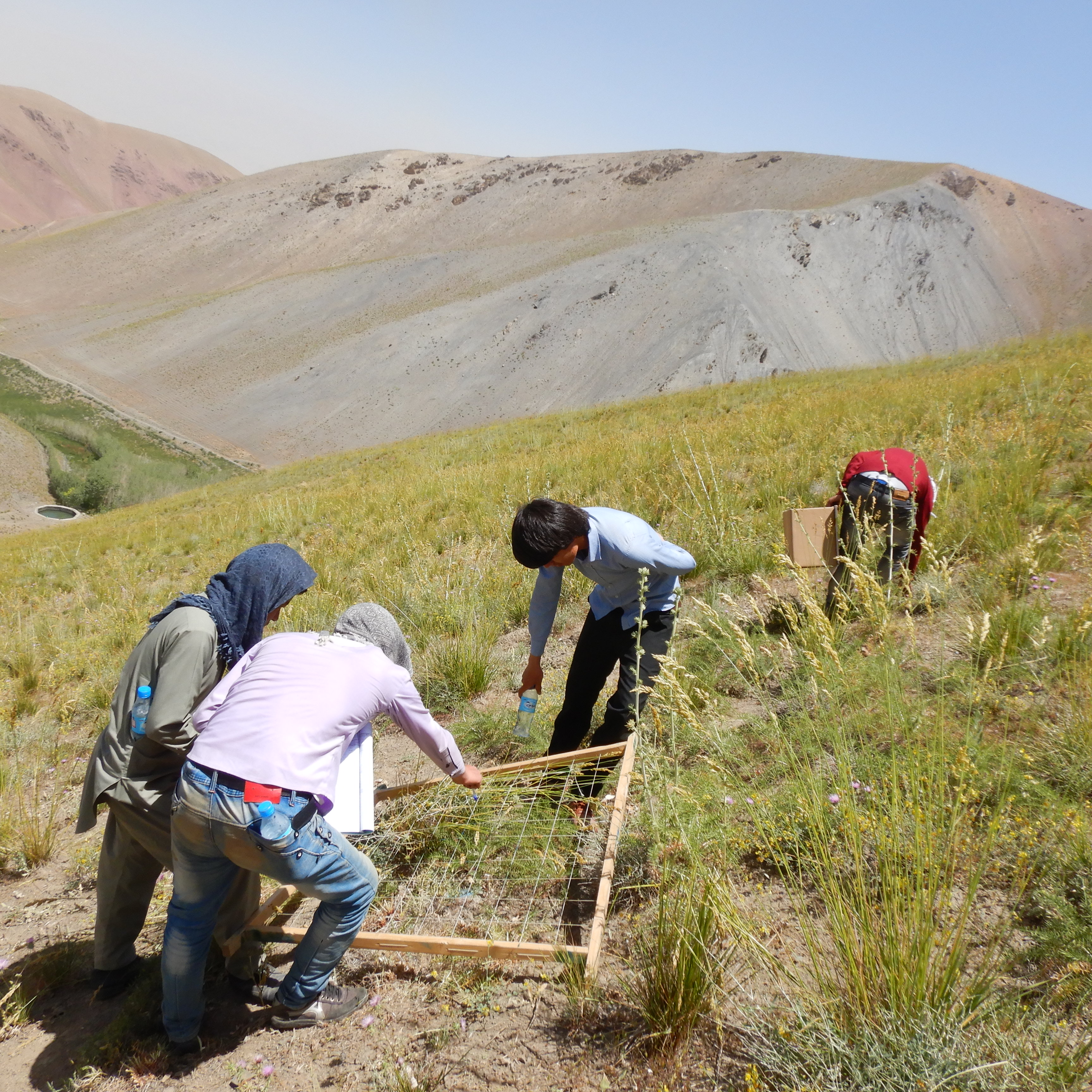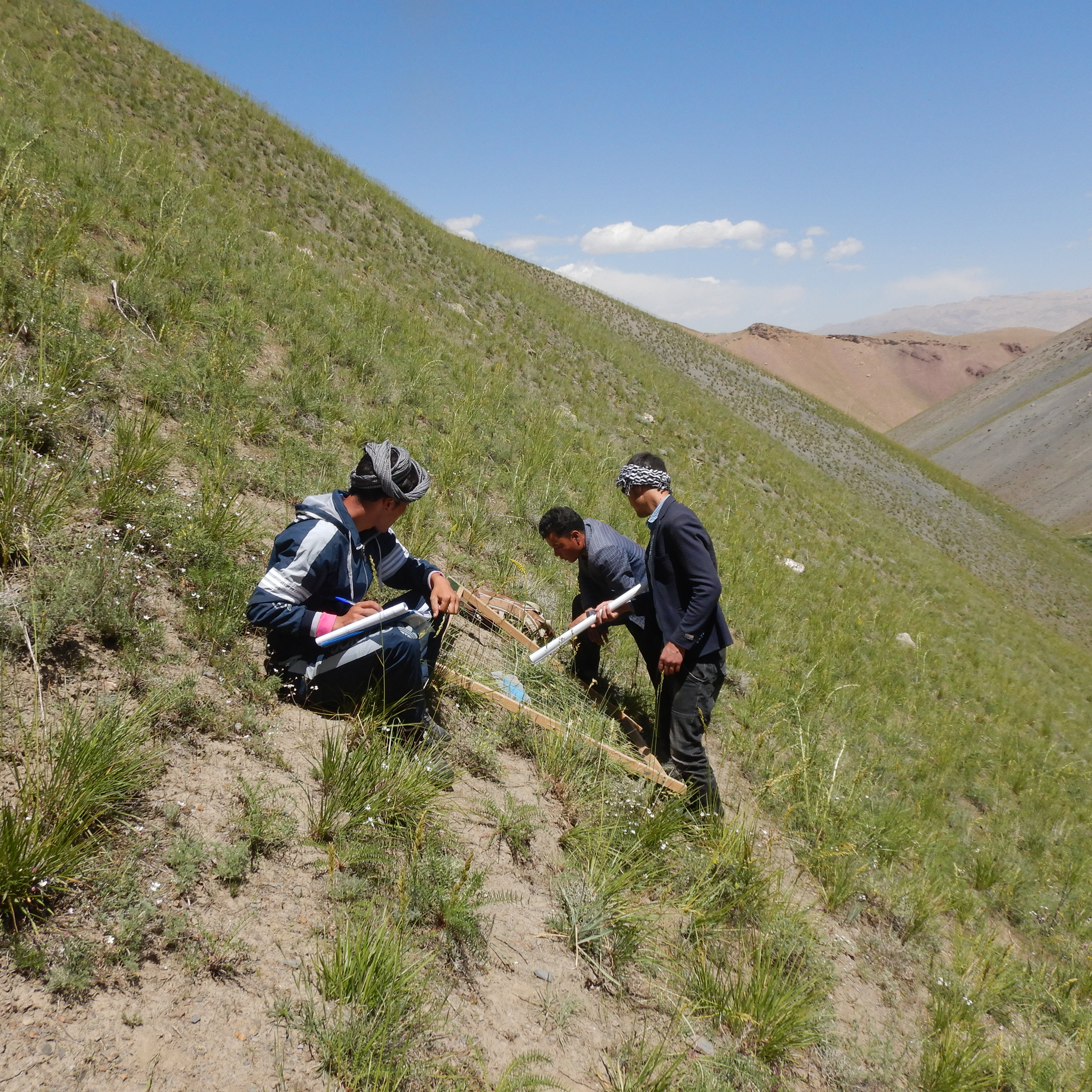
Addressing Climate Change in Afghanistan through Sustainable Energy and Ecosystem Management
Remote mountain communities need access to better climate, weather, and streamflow data, which affect agricultural production, natural hazards and related disasters, domestic water supplies, and livelihoods. Many villagers in northern Afghanistan are subsistence farmers whose lives are increasingly affected by the pressures of climate change and variability, which drive droughts, landslides, debris flows, snow avalanches, and flood hazards, as well as affect crop selection, grazing capacity, and land degradation.
MSRI has partnered with AKF-Afghanistan (AKF-Afg) and the Wildlife Conservation Society (WCS) in the project Addressing Climate Change in Afghanistan (E3C) with an overall objective of improving resilience to climate change of communities and ecosystems in the Panj-Amu River Basin and the sustainability of land use in these rural areas. Activities included initiating fieldwork to engage with target communities and fostering collaborations with partner institutions. Moreover, in cooperation with AKF-Afghanistan, MSRI has collected some primary data on current conditions and trends of wildlife, rangelands, forestry, and marketable medicinal plants in five districts. As a technical partner related to climate and other modelling, MSRI helps transfer this knowledge via training and communicating with partners, including translating results of climate modelling into products for regional use.
Some of the outcomes of this collaborative project include:
- Promoting participatory planning in integrated watershed management and ecosystem-based adaptation and sustainable management.
- Supporting dryland communities to increase productivity of rain-fed agriculture and orchards.
- Building capacity for forest management and restoration, including women’s groups.
- Enhancing rangeland management by promoting improved community-based livestock husbandry and involvement of youth and women.
- Assessing various models and model outcomes developed by partner organizations.
- Conducting climate change adaptation training for Afghan partners.








